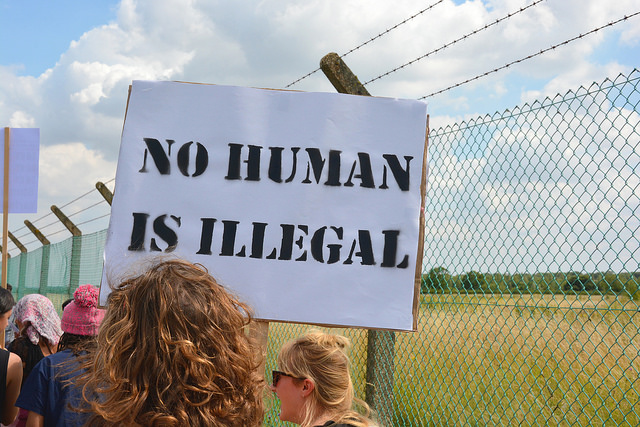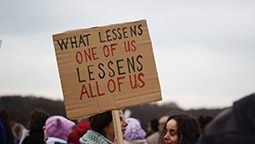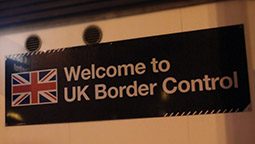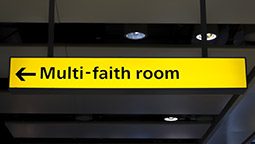The new Nationality and Borders Bill, introduced by Home Secretary Priti Patel, is facing criticism for its potential to breach human rights and the UK’s commitments under the Refugee Convention.
The core principle of the Refugee Convention is ‘non-refoulement,’ meaning that refugees should not be returned to a country where they “face serious threats to their life or freedom.” The new Nationality and Borders Bill, which the government says will be at the centre of a plan to overhaul how immigration and asylum work in this country, risks conflict with the Refugee Convention, and infringing upon the rights of those claiming refuge by making it significantly harder to claim asylum.
If it passes into law, the Bill would empower border forces to stop and redirect vessels out of British waters, threaten criminal charges against people who enter the UK without permission, and potentially criminalise those who help asylum seekers enter the country.
The Bill has passed its first reading in the House of Commons, with the second reading scheduled for 19-20 July.
Does the asylum system need fixing?
The current asylum system needs an overhaul, especially after the Refugee Council found that 33,000 people were waiting more than 12 months for an initial decision on their asylum claims last year. Critics argue that the new Bill will not address the genuine needs of asylum seekers hoping to rebuild their lives in the UK.
“The concern is that the Nationality and Borders Bill builds on the hostile immigration environment and narrows down people’s options based on circumstances completely out of their control,” said Kate Roberts of Anti-Slavery International. “People wouldn’t take those dangerous journeys if they had a choice. The fear is that it will just drive people into more risk by making their journeys more hidden because they have to be additionally fearful of getting caught.”
What are the main aims of the Bill, according to the government?
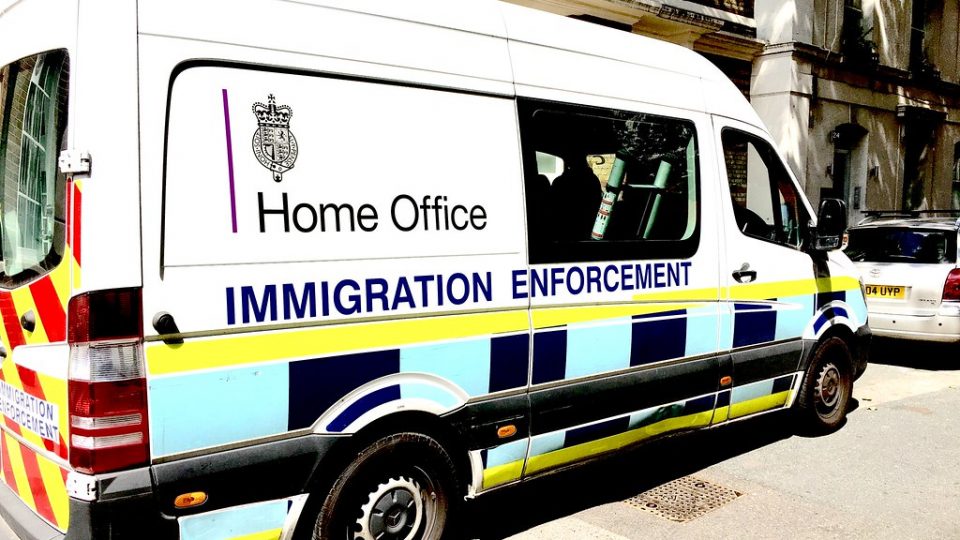
The government is making the Bill the cornerstone of a new immigration plan, “delivering the most comprehensive reform in decades to fix the broken asylum system.”
It has three key objectives:
- Make the system fairer and more effective
- Deter illegal entry into the UK
- Remove from the UK those “with no right to be here”
The Bill says the UK will “continue to resettle genuine refugees directly from regions of conflict and instability” and “to offer family reunion.”
As a deterrent, the Bill will introduce harsher criminal offences for those “attempting to enter the UK illegally by raising the penalty for illegal entry from six months to four years[’] imprisonment and introducing life sentences for people smugglers.” The Border Force will be given additional powers to search unaccompanied containers, seize and dispose of vessels intercepted, and to stop and divert vessels suspected of carrying people to the UK, returning them to where their journey began.
Foreign national offenders who breach a deportation order by returning to the UK will see their penalty increase from six months to five years’ imprisonment. The Bill will make it easier to remove people from the UK by introducing an “expedited process,” including detention, to “allow the rapid removal of those with no right to be here.”
What else will the Bill do?
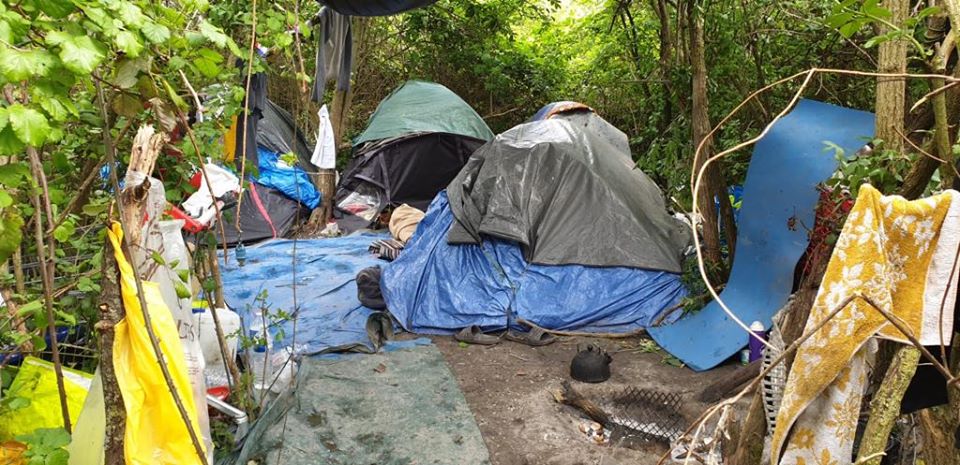
Tents in the Calais refugee camps. Credit: Courtesy of Care4Calais
The 87-page document encompasses a wide range of powers and legislation, but some of the most worrying aspects crop up in Clause 10, which allows for “differential treatment of refugees,” depending on their mode of arrival to the country. Clause 12 modifies existing legislation to set out where refugees may claim asylum but, considering that the Home Secretary already has the power to designate specific places to claim asylum, it is unclear what is motivating these specific additions.
Depending on the stage of their claim and their compliance, Clause 11 would allow for the differential provision of accommodation for asylum seekers, which indicates that camps like the Napier barracks may be used as a form of punishment for those who do not comply with conditions. While this is something the Home Secretary already has the power to do and has been doing, Clause 15 could be interpreted as making an asylum camp the only form of accommodation that some asylum seekers would be entitled to.
Not only are Government plans lacking in compassion, but the Government do not even have the competence to explain how their plans would work.
If the Bill passes, Clauses 13 and 14 will allow for asylum claims to be declared inadmissible if an asylum applicant is an EU citizen or has a connection to a safe third country. So far, not one person has been removed to a safe country under the new rules because none have agreed to receive them, which has increased the numbers of asylum applicants waiting on decisions. In retaliation, the government has proposed legislation that would block visas from visitors from countries the home secretary believes are refusing to cooperate.
Clause 29 introduces a split standard of proof in asylum cases, and, potentially, a requirement for “well-founded fear” to verify that asylum seekers would genuinely be subject to persecution if returned to their country of origin. Barrister and campaigner Colin Yeo said, “This is likely to lead to a lot of unnecessary litigation in the courts while judges work out what on earth it means and how it works in practice.”
In Clause 37, guidelines indicate that any asylum seeker knowingly arriving without permission or entry clearance will be seen as committing an offence. If enforced, this could contribute to a significant increase in the prison population and act as a direct violation of the non-penalisation clause in Article 31 of the Refugee Convention. This would be a breach of international law, however, the Refugee Convention is not directly effective in UK law, so the government is not technically prevented from introducing such a law.
It’s hard to think of a Bill more lacking in compassion and fairness and which does so little to address asylum issues.
Those helping asylum seekers enter the UK will no longer need to be doing it “for gain” to be found criminally liable. Organisations that specifically aim to assist asylum-seekers cannot be charged with this offence, but those working for more general-purpose organisations who help an asylum seeker enter the UK, like the Royal National Lifeboat Institution, could be criminalised by this change. A new maximum sentence for general assisting unlawful immigration will be raised from 14 years to life by Clause 38.
Why has the government decided to implement this now?
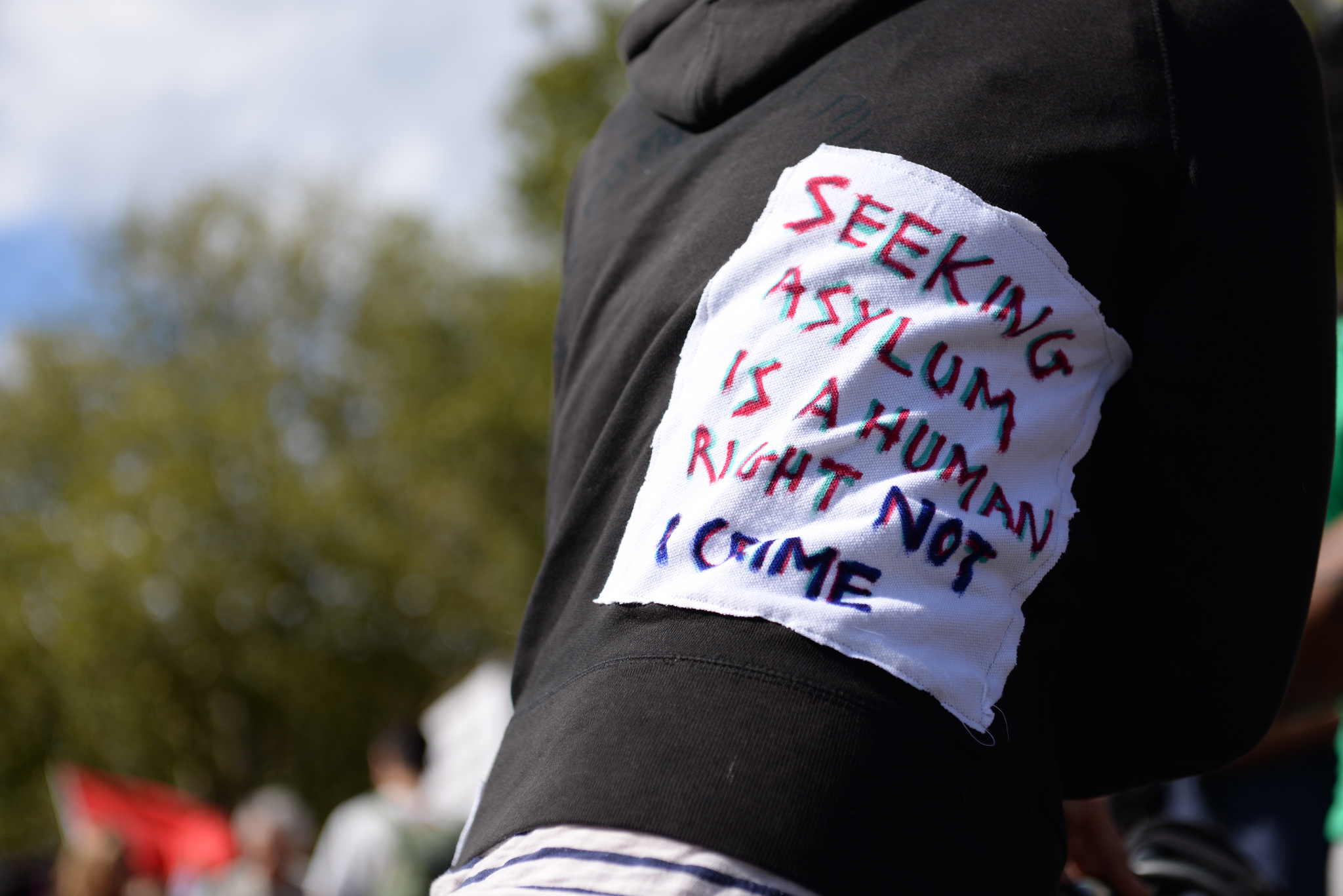
The government says the Bill will overhaul a broken system, citing a 21% increase in UK asylum applications in 2019 and the fact that the current system costs over £1 billion per year.
Arguing that the new system will act as a deterrent to those considering illegal entry to the UK, the government believes the Bill will curb the number of asylum seekers. However, the number of asylum claims in the UK is historically low and fell last year. According to a senior Home Office official, there were 5,000 crossings by September 2020 and 98% of those who crossed were claiming asylum. Additionally, no evidence proves that treating refugees unpleasantly after they arrive deters others.
“Not only are Government plans lacking in compassion, but the Government do not even have the competence to explain how their plans would work,” said Nick Thomas-Symonds MP during a March 2021 debate. “Sources close to the Home Secretary have briefed out ridiculous, inhumane schemes such as processing people on Ascension Island, over 4,000 miles away, and wave machines in the English channel to drive back boats.”
What should be done?
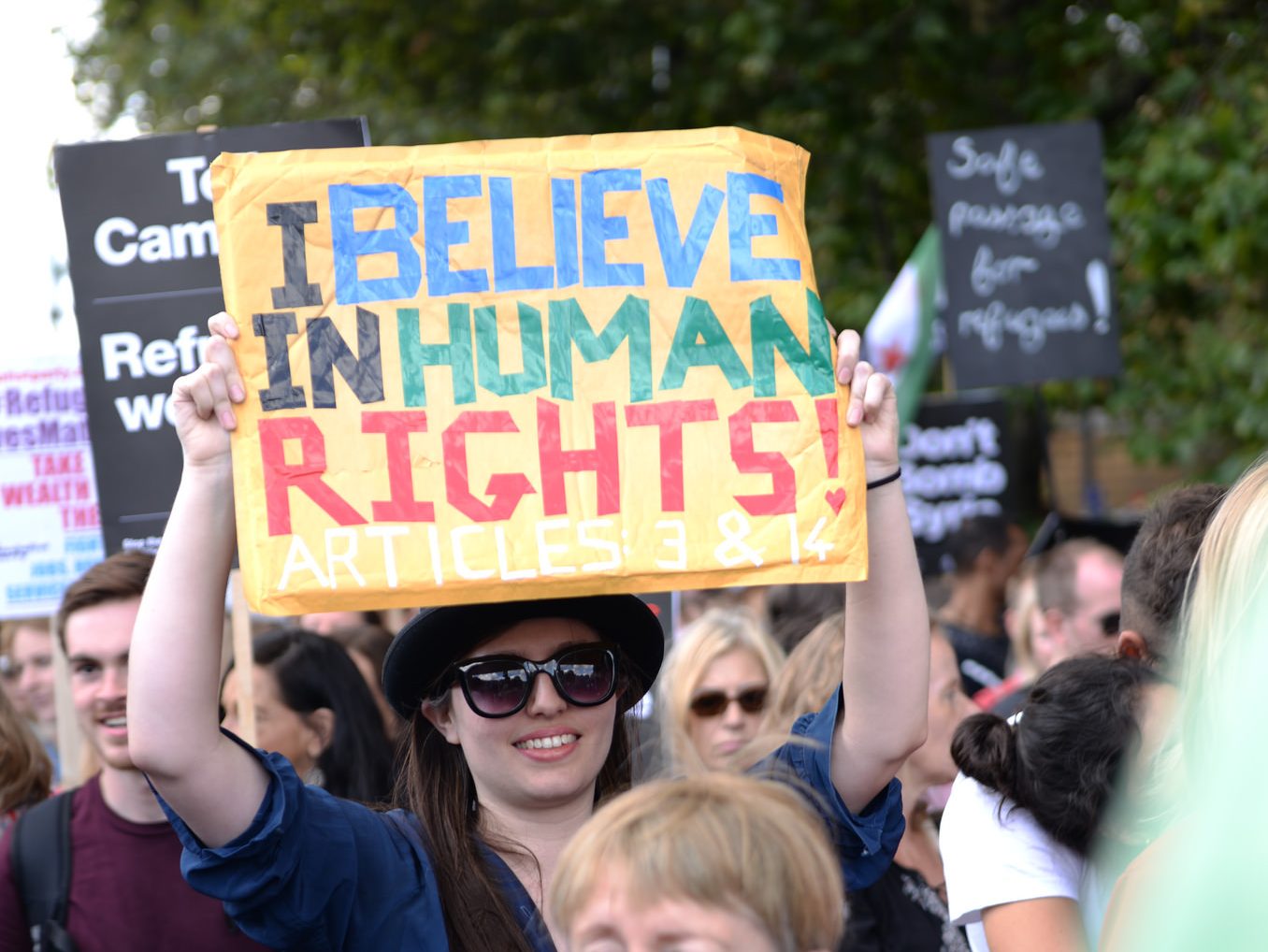
The potential to harm the human rights of refugees with this Bill is clear and many organisations and political figures are fighting against its introduction to UK law.
“It’s hard to think of a Bill more lacking in compassion and fairness and which does so little to address asylum issues,” said Caroline Lucas MP. “It is a mean-spirited, inhumane and possibly illegal response which will criminalise many seeking sanctuary and play into the hands of people traffickers.”
In a blow to the Bill, the Crown Prosecution Service has said that it will no longer prosecute asylum seekers not involved in any criminal activity other than illegal entry because they could “usually be better dealt with by removal.”
The UN Refugee Agency (UNHCR) in the UK said: “The new Nationality & Borders Bill includes sweeping penalties for refugees who arrive spontaneously in the UK. The UK risks breaching commitments under the Refugee Convention that clearly protect the universal right to seek asylum and for refugees to access basic rights.”
Instead of implementing the Bill, they suggest dropping plans to create “this lower class of refugee,” working with UNHCR on reforms to build a fair, humane and efficient asylum system, continuing action against criminals and smuggling gangs, and redoubling efforts to cooperate with the rest of Europe on asylum.

